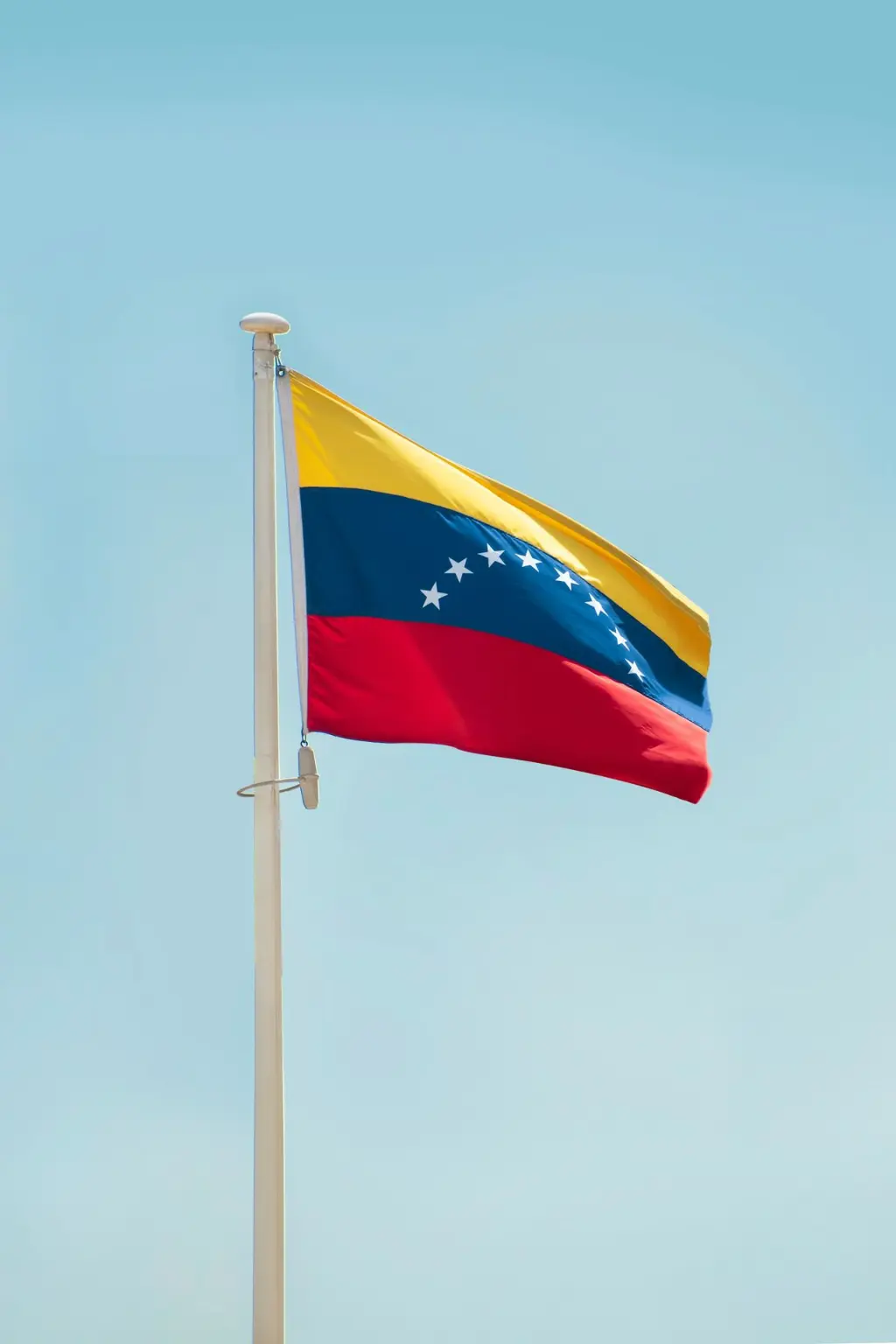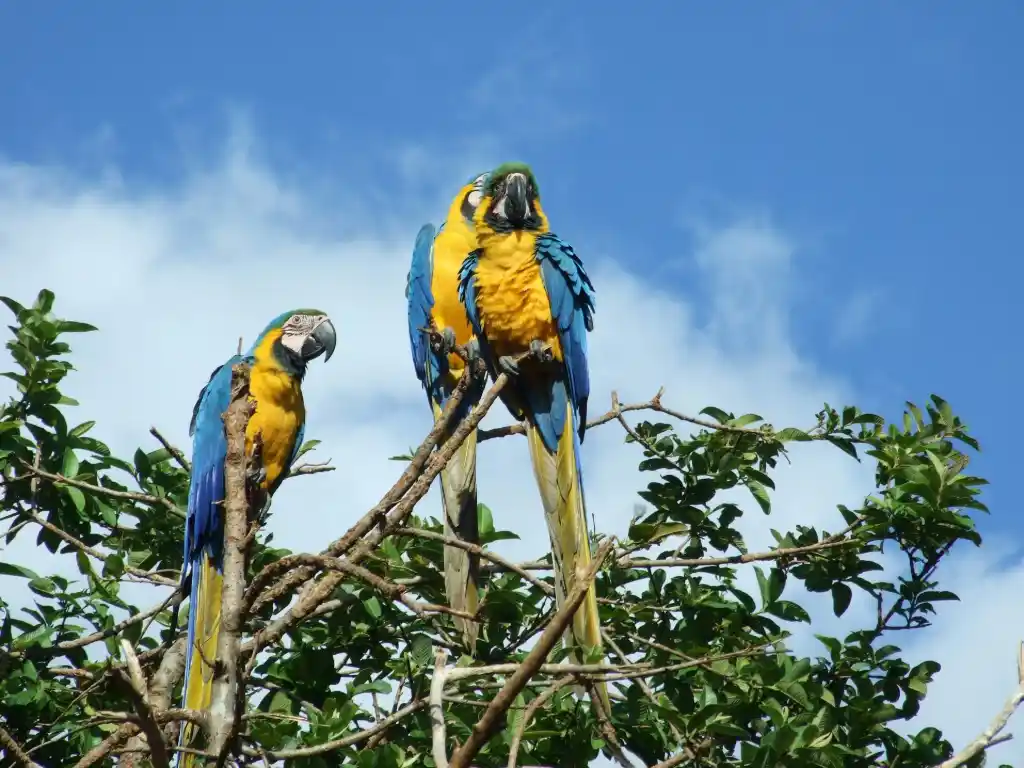Every year, November 3rd marks a crucial date in the Panamanian calendar: the Separation from Colombia. It is not just a patriotic anniversary, but the starting point of a nation that decided to take control of its destiny. It was a feat that combined geopolitical vision, a desire for autonomy, and a historical opportunity that Panama knew how to seize with intelligence.
This act was not just a political break. It was a declaration of identity, a bet on development, and a strategic move that would forever change the map of global trade.
The context: between abandonment and ambition
After gaining independence from Spain in 1821, Panama chose to voluntarily join Gran Colombia, a federation led by Simón Bolívar. However, the relationship with Bogotá was, from the beginning, distant and unequal. Geography worked against them: dense jungles, mountain ranges, and a lack of infrastructure isolated the Isthmus from the center of power.
For more than 80 years, Panama lived under an administration that many considered foreign to its needs. Political and economic decisions were made far away, without considering the particularities of the territory. Restrictions on trade, lack of investment, and limited political representation fueled a growing sense of frustration.
Panama was not passive. It attempted to separate itself at least three times before 1903. Each attempt was suppressed, but each left a mark: the desire for self-determination was latent, waiting for the right moment to blossom.
The channel: a global dream, a local opportunity
Since the 16th century, the idea of uniting the Atlantic and Pacific Oceans through the Isthmus had captured the imagination of empires and merchants. In the 19th century, the French, led by Ferdinand de Lesseps (the same one from the Suez Canal), attempted to build the canal. But the project failed spectacularly: tropical diseases, engineering errors, and corruption turned it into a financial and human tragedy.
This failure left an infrastructure half-built and a country with its potential intact. It was then that the United States, under the leadership of Theodore Roosevelt, saw in Panama the key to consolidating its naval and commercial power. The canal was not just a maritime route: it was a tool of global domination.

Failed negotiations and the decisive moment
In 1903, the U.S. negotiated the Hay-Herrán Treaty with Colombia, which would allow it to build the canal. Although the U.S. Senate approved it, the Colombian Congress rejected it, considering that the terms were disadvantageous and that national sovereignty was compromised.
This rejection was the breaking point. Panama, which saw the canal as an unprecedented development opportunity, understood that its future could not remain tied to decisions made in Bogotá. It was then that Panamanian leaders like José Agustín Arango, Manuel Amador Guerrero, and Tomás Arias began to organize the separation.
The event of November 3, 1903
The plan was meticulous. With the tacit backing of the U.S. and the advice of French engineer Philippe Bunau-Varilla, the insurrection was organized. On November 3, the U.S. ship USS Nashville arrived in Colón. Its presence was not coincidental: it prevented the landing of Colombian troops attempting to suppress the movement.
Simultaneously, railroad workers —mostly Americans— blocked the transportation of troops to Panama City. With Colombian forces neutralized, Panamanian leaders proclaimed independence.
In a matter of hours, Panama was a sovereign nation. And in a matter of days, the U.S. officially recognized it.
The Hay-Bunau-Varilla Treaty: independence with conditions
On November 18, 1903, the Hay-Bunau-Varilla Treaty was signed, granting the U.S. perpetual control over the Canal Zone. The ironic — and controversial — part is that Panama was not represented by a Panamanian, but by Bunau-Varilla, who acted as a negotiator without popular mandate.
The treaty was harshly criticized for its unequal nature. Although it guaranteed the construction of the canal, it also limited Panamanian sovereignty over a vital strip of its territory. This situation would generate tensions for decades, until the signing of the Torrijos-Carter Treaties in 1977, which returned control of the canal to Panama in 1999.
Imperial intervention or Panamanian strategy?
The history has been interpreted in multiple ways. For some, the independence of Panama was an imperialist maneuver by the U.S. For others, it was a strategic move by a people who knew how to take advantage of an international situation to achieve their freedom.
The truth is that Panama had a clear will for self-determination. The U.S. intervention was a catalyst, but not the origin of the desire for independence. Panamanians were not mere spectators: they were the protagonists of their history.
The legacy of November 3
The separation from Colombia allowed Panama to become a key player in global trade. The canal, inaugurated in 1914, transformed the country into a crucial hub for maritime transit. Today, more than 140 trade routes cross the canal, connecting over 160 countries.
But the legacy goes beyond the economic. November 3rd represents the ability of a people to redefine their destiny. It is a lesson in vision, courage, and strategy.
Panama today: the country that drives logistics
In the midst of the 21st century, Panama continues to be a global logistics hub. Its expanded canal, air hub, free trade zones, and digital connectivity position it as an operations center for companies from all over the world.
At Shopping Box, we are inspired by that legacy. We believe in a Panama that not only connects goods but also ideas, cultures, and opportunities. Our mission is to continue that spirit of connection, efficiency, and global vision that was born on that November 3, 1903.
A story that continues to sail
The event of November 3 is not just a chapter of the past. It is a compass that continues to guide Panama. It reminds us that sovereignty is built with determination, that development requires vision, and that history is not inherited: it is written.
Today, when we look at the canal, when we see the flags parading or hear the anthem, we remember that it all began with an act of courage. And that spirit remains alive, navigating every route that connects Panama to the world.
Do you want to be part of the country that connects the world?
Discover our logistics solutions in Shopping Box and celebrate with us the pride of being Panamanian.



